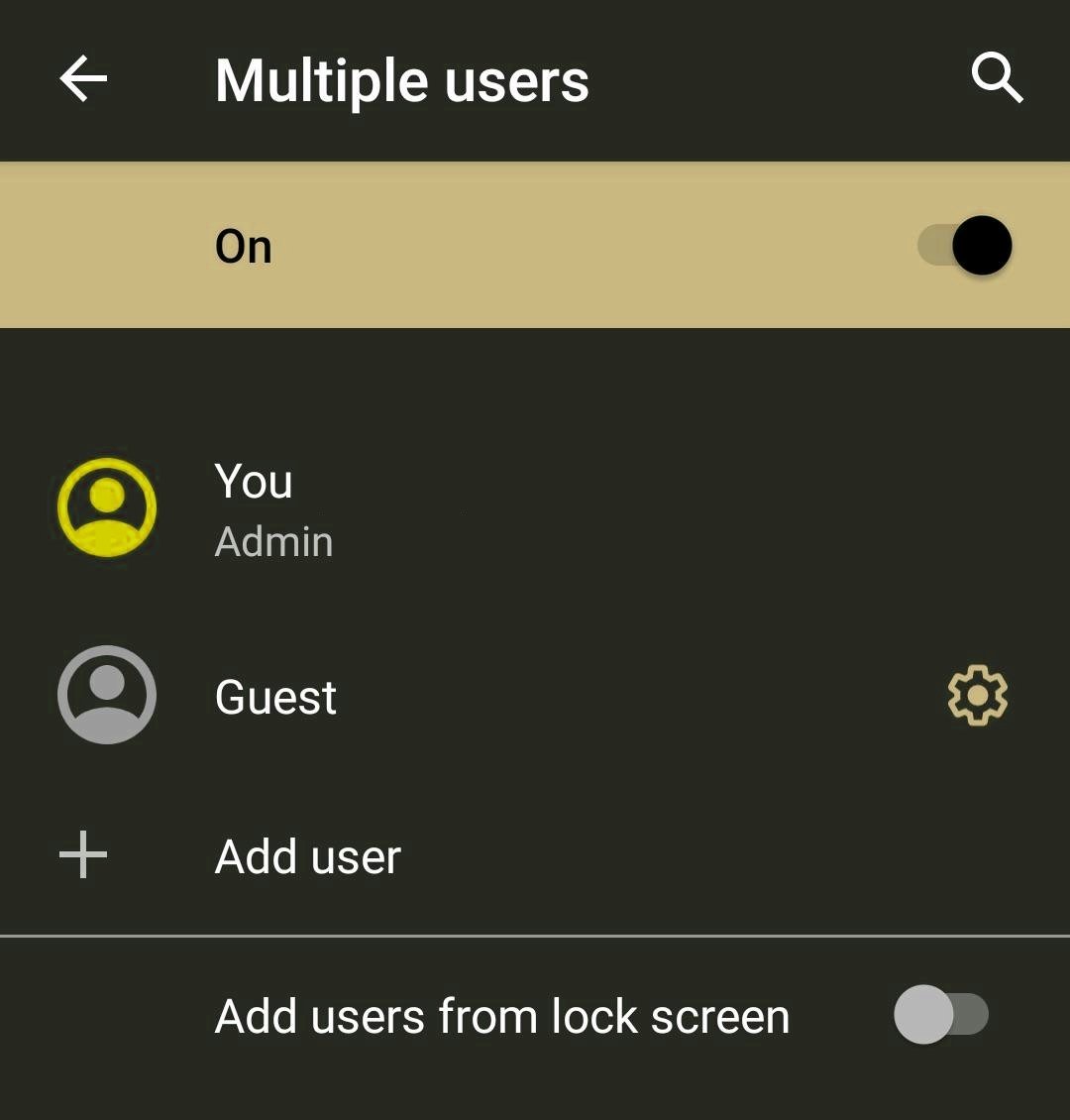There are files on our smartphones that are very personal: a photo, a personal message, something private from work or anything else you can imagine. You know better.
The developers of Android have thought about this and added a feature that allows you to lend your phone to someone else, while keeping your information confidential.

This feature is called Guest mode.
What does this feature do?
Guest mode creates a temporary account on your smartphone that does not contain any of your personal information. Not at all photos, there are no contacts and messages. No files.
It also turns off the phone feature, but you can choose to turn it on if you want.
How do you access this feature? Follow the path Settings – System – Advanced – Users (or Settings – System – Advanced – Multiple Users). Όμως δεν είναι πάντα εκεί. Εάν δεν μπορείτε να το βρείτε, μια αναζήτηση για “users” or users should display it.
Settings - System - Advanced - Multiple Users
On Xiaomi devices the function is called Second Space. Look for it on your device and set the settings you want.
When you find the feature, you will see the Google accounts connected to the device at the bottom of the list. Check if there is a Guest User, if not create one, you can delete it later if you want.
The process is fast and only takes a few seconds.
So you want to give your device to someone else click on the gear next to the Guest username and activate the phone calls.
Also, for quick access, you can make this feature available from the lock screen. Easy to use if you use it regularly.





